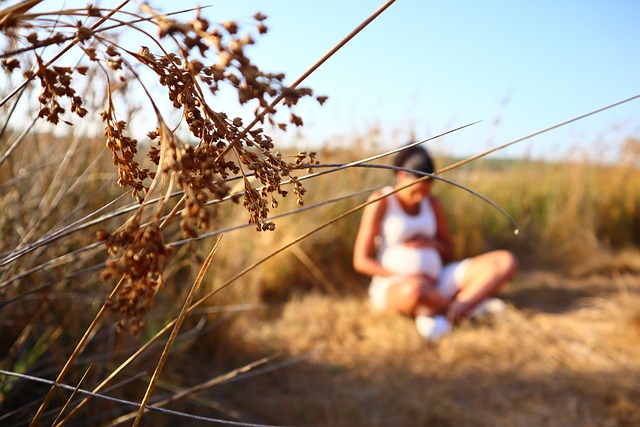As we dive into the festive season, it’s a great time to reflect on our daily lifestyle choices. Factors like diet, weight, alcohol, and caffeine intake can play a significant role in your ability to conceive—and in the health of your future child.
Understanding how these elements influence early fetal development (especially between weeks 3 and 8 of pregnancy) can help mitigate risks for adverse pregnancy outcomes.
Nutrition Matters
Being either overweight or underweight can negatively affect fertility rates. Women with a BMI over 35 or under 19 may experience a two to four times longer wait to conceive. Research shows that achieving a healthy weight can enhance the chances of pregnancy and successful fertility treatments.
While maintaining a balanced diet is crucial, there’s no solid evidence that strict diets—be it vegetarian or low-fat—boost fertility. Instead, focus on a diet rich in nutrients and consider adding a prenatal vitamin with folic acid for a healthy pregnancy journey.
It’s also vital to minimize the risk of bacterial infections and limit exposure to harmful substances during this time. Some foods to steer clear of include:
- Unwashed fruits and vegetables
- Soft cheeses
- Unpasteurized milk
- Undercooked meats (including sushi)
- Raw eggs
- Certain coldwater fish (like shark, swordfish, mackerel)
- Tuna (limit to two meals per week)
Alcohol Awareness
The impact of alcohol on female fertility isn’t entirely clear, but studies indicate that high consumption can increase infertility risks. For instance, women who drink more than two alcoholic beverages daily could see their chances of conceiving reduced by nearly 60%. It’s wise to limit or eliminate alcohol while trying to conceive, and definitely avoid it during pregnancy—there’s no established safe level of consumption.
Caffeine Concerns
Moderate caffeine intake—about one or two cups of coffee a day—appears to have little effect on fertility or pregnancy outcomes. However, consuming more than five cups may reduce the chances of pregnancy by 45%. Plus, women who drink over two cups daily may face a higher risk of miscarriage.
In summary, there are several manageable dietary changes to enhance your fertility journey and promote a healthier pregnancy. Being mindful of what you consume can significantly improve your chances of starting a family.
For more insights on related topics, check out what I learned from trying the 3-day potty training method. If you’re considering home insemination, organizations like Make a Mom provide essential resources. Additionally, Healthline is a fantastic resource for everything related to pregnancy and home insemination.
Summary
Adopting a healthy lifestyle through balanced nutrition, limiting alcohol, and moderating caffeine can significantly increase your chances of conceiving and having a healthy baby.

